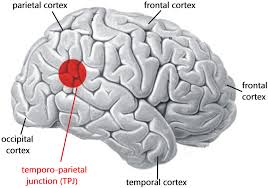Why do people not forget their language when they lose their memory?
- rahul vidwans
- May 18, 2024
- 1 min read
Updated: May 23, 2024
Memory loss, or amnesia, is a complex neurological condition resulting from various factors such as trauma, illness, or ageing. Individuals with memory loss often struggle to recall personal experiences, relationships, or their identities. Despite this, people rarely forget their native language, raising intriguing questions about the nature of language, memory, and the human brain. Language is a fundamental aspect of human cognition, deeply intertwined with memory and identity. From birth, we are immersed in language, shaping our minds, emotions, and interactions with the world. Our native language becomes a crucial part of our identity, influencing how we perceive reality and communicate with others. Several factors contribute to the resilience of language in the face of memory loss:

Deep Neural Networks: Language processing involves complex neural networks distributed throughout the brain, allowing individuals to retrieve linguistic information even when other memory structures are compromised.
Early Acquisition: Language acquisition occurs during early childhood when the brain is highly plastic and adaptable, providing a strong framework for language processing throughout life.
Cultural Significance: Language is deeply intertwined with culture, history, and social identity, which may contribute to its resilience in the face of memory loss.
Implicit Memory: Implicit memory processes, such as procedural memory and priming, can influence behaviour and cognition without conscious awareness, potentially supporting language skills even when explicit memory is impaired. The resilience of language in the face of memory loss has important implications for understanding the brain's organization and function. Studying individuals with memory problems can provide valuable insights into the neural mechanisms underlying language processing and memory storage. -Shubham Yadav, Nepal




Comments